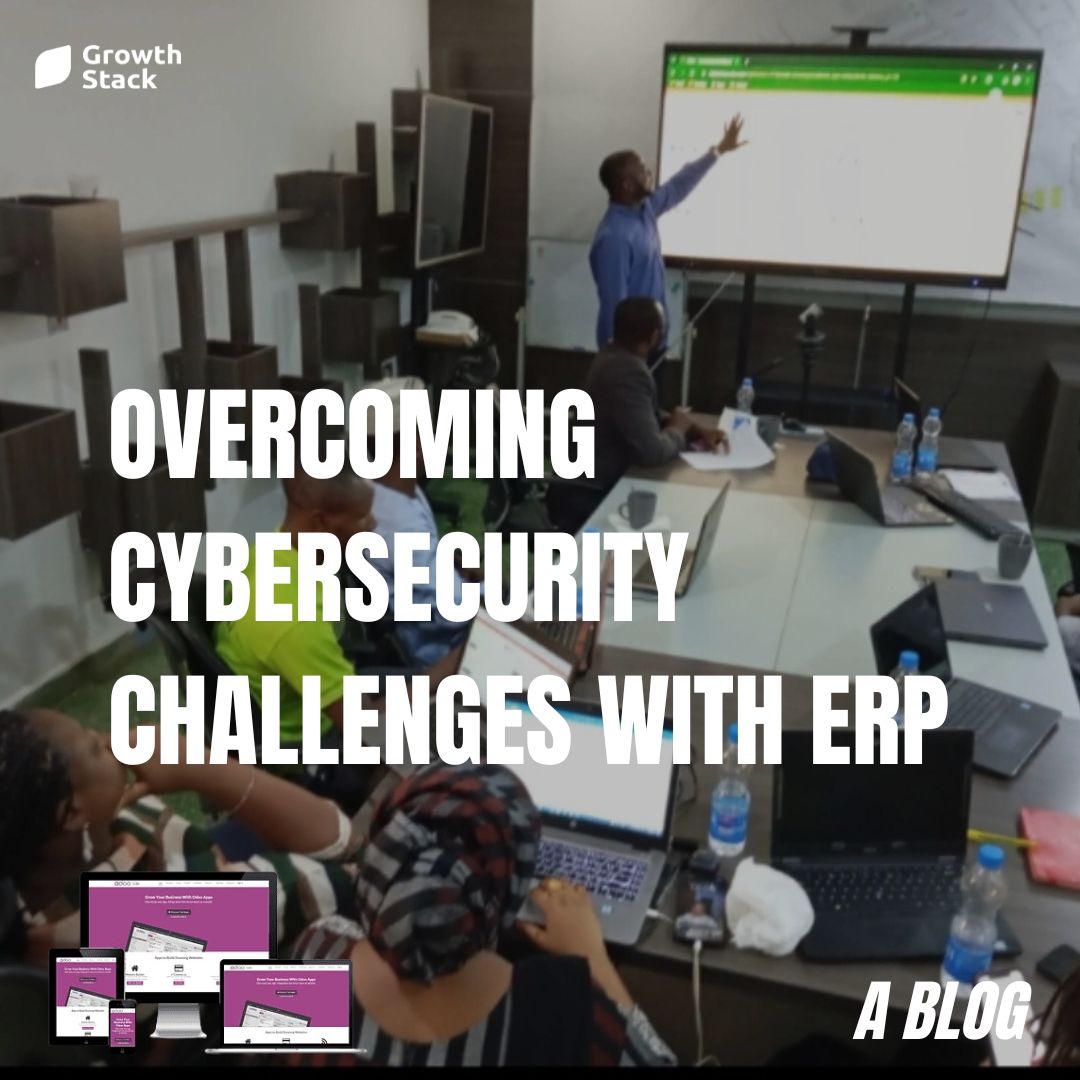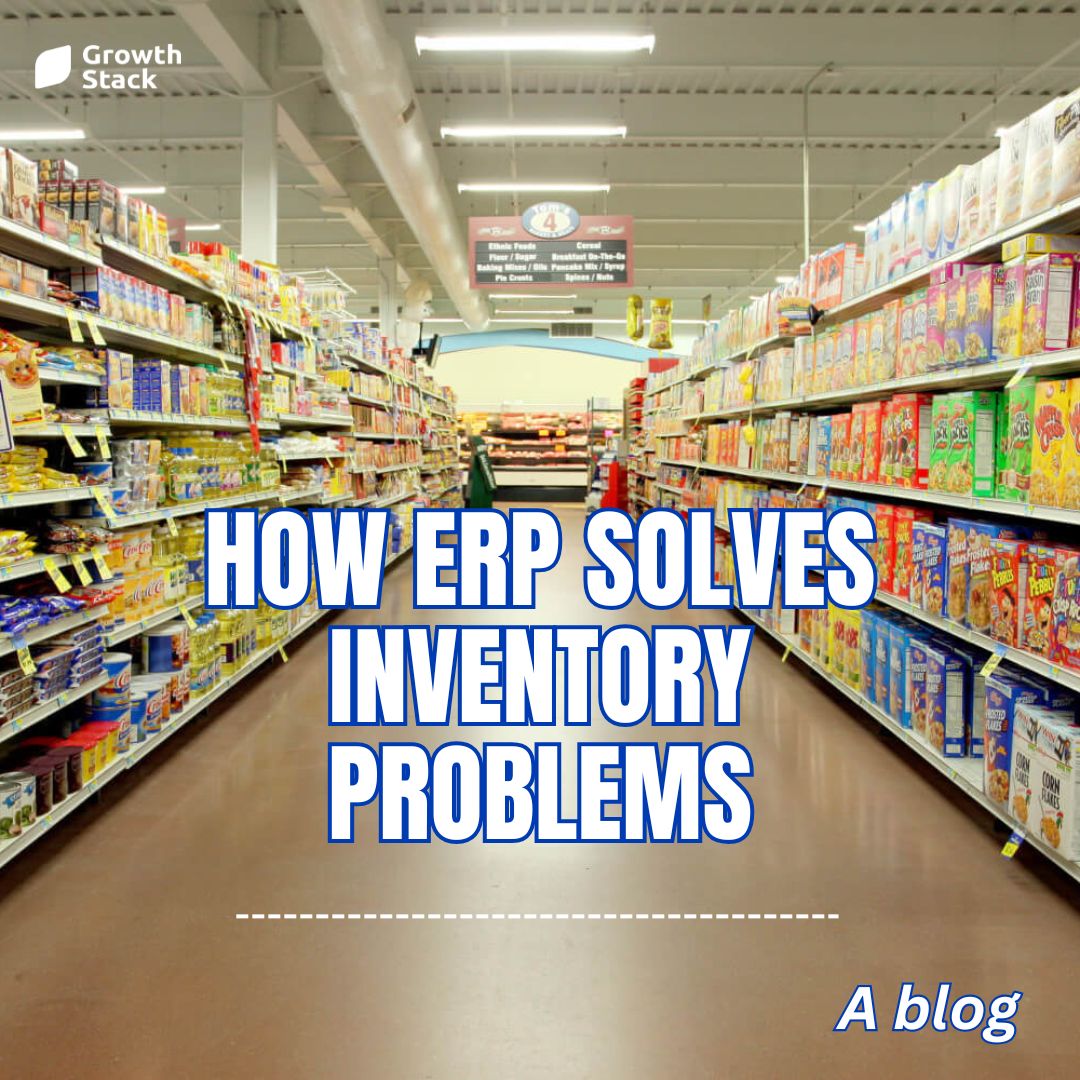In today’s digital era, cybersecurity is a pressing concern for businesses of all sizes. With cyber threats growing in complexity, organizations are seeking reliable solutions to safeguard their sensitive data. One effective approach is integrating enterprise resource planning (ERP) systems. In this article, we’ll explore how companies are overcoming cybersecurity challenges with ERP and why these systems are essential for modern data security strategies.
Why ERP Systems Matter in Cybersecurity
ERP systems are central to business operations, managing everything from supply chain processes to customer data. Because these systems handle sensitive information, they are prime targets for cyberattacks. That’s why more companies are turning to ERP platforms equipped with advanced security protocols and user access controls.
By implementing ERP solutions, businesses can centralize data, streamline monitoring, and detect unauthorized activities faster. This significantly reduces the chances of data breaches, one of the major cybersecurity challenges with ERP implementation.
Common Cybersecurity Risks Faced by Businesses
Before exploring how ERP addresses these issues, it’s important to understand the key risks:
Phishing and malware attacks on internal systems
Unauthorized access to sensitive data
Data loss due to human error or system flaws
Compliance failures with data protection regulations
These risks highlight the need for a structured approach to data security. ERP systems offer that structure.
How ERP Helps in Overcoming Security Risks
A well-designed ERP system incorporates features like role-based access, audit trails, and encryption. These elements are critical in overcoming cybersecurity challenges with ERP:
Role-based Access Control (RBAC): Limits system access to authorized personnel only.
Data Encryption: Protects sensitive data both at rest and in transit.
Automated Backups and Monitoring: Reduces the impact of system failures or attacks.
ERP vendors like odoo have invested heavily in cybersecurity features, giving companies peace of mind while scaling their operations.
Best Practices for Securing ERP Systems
Even with a robust ERP platform, businesses must adopt best practices to stay ahead of threats:
Regularly update ERP software to patch vulnerabilities
Train staff on security protocols
Implement multi-factor authentication (MFA)
Conduct regular security audits
These actions complement ERP functionalities and enhance the protection of business-critical data. When paired effectively, these practices help in overcoming cybersecurity challenges with ERP systems.
With rising cyber threats, integrating security-focused ERP systems is no longer optional. These platforms are vital tools for ensuring compliance, protecting customer data, and maintaining business continuity. Organizations that prioritize cybersecurity challenges with ERP implementation are better equipped to thrive in the digital age.












